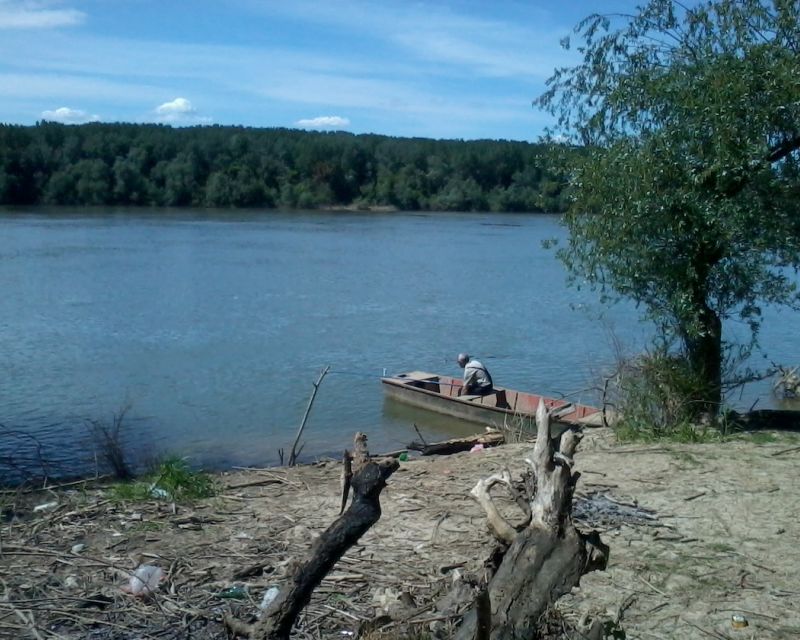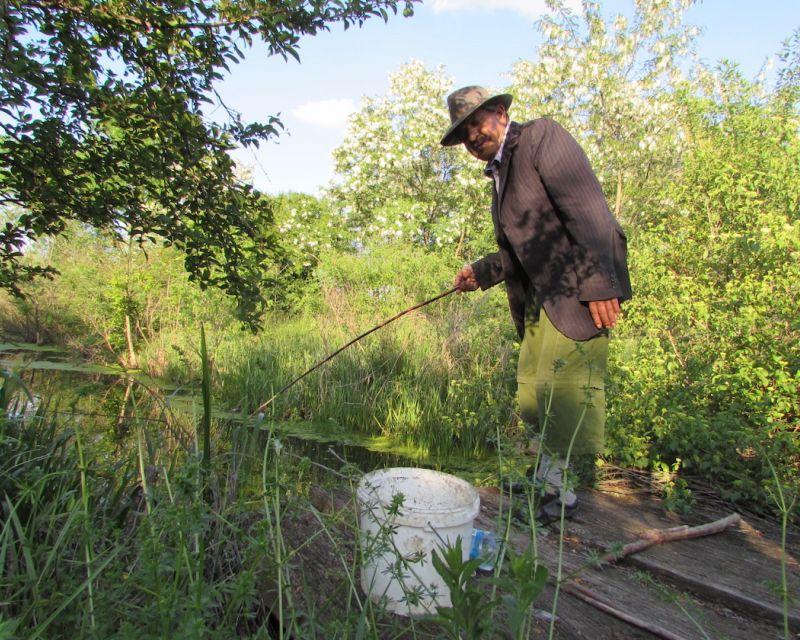Serbia became an independent state in 2006 and, like many other Balkan countries, is still dealing with the legacy of recent history, including the environmental and chemical hazards. In this context, we are working with partner organisations in Serbia to promote the right to information on the environment and toxic substances, to strengthen the role of citizens in improving chemical safety, and to support the practical implementation of the regulation of toxic substances.
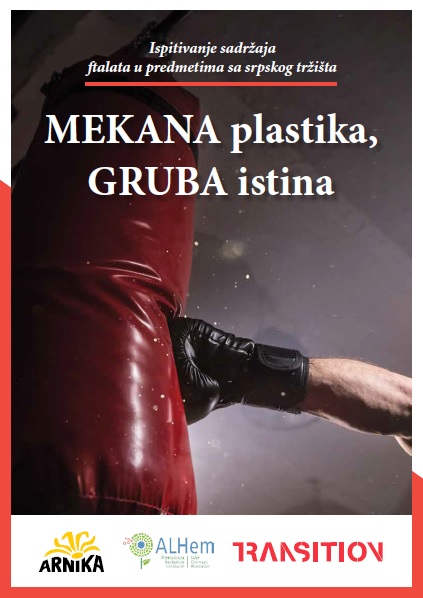 In Serbia, we work with several NGOs, but we have the most joint projects with ALHem, which focuses on chemicals in consumer goods and their safer alternatives, and with which we have been cooperating since 2015. In 2016, together with the CEE Bankwatch Network and CEKOR from Subotice, we monitored toxic substances in the vicinity of the Serbian coal-fired power plant Obrenovac, and together with ALHem in 2020, we promoted the protection of citizens from dangerous phthalates and the introduction of regulations that are already standard in EU countries. The project and test results are summasized in the publication SOFT plastic, HARSH truth.
In Serbia, we work with several NGOs, but we have the most joint projects with ALHem, which focuses on chemicals in consumer goods and their safer alternatives, and with which we have been cooperating since 2015. In 2016, together with the CEE Bankwatch Network and CEKOR from Subotice, we monitored toxic substances in the vicinity of the Serbian coal-fired power plant Obrenovac, and together with ALHem in 2020, we promoted the protection of citizens from dangerous phthalates and the introduction of regulations that are already standard in EU countries. The project and test results are summasized in the publication SOFT plastic, HARSH truth.
In 2024, we and ALHem again focused on phthalates in consumer goods. This time, we also invited active youth to participate in the systematic solution of environmental problems in Serbia. During the year-long project, young people experienced the entire process of an advocacy campaign. From its preparation, through the selection of consumer products for laboratory analysis, to the communication of the results to various stakeholders. Although phthalates have been better regulated in Serbia since 2023, the project aimed to verify the real effect of the implementation of the regulations. The results of testing consumer products are summarized in the publication SOFT plastic, HARSH true 2 and show a total lack of both monitoring and enforcement. Thus, both experts and representatives of the civic society have issued a call to several Serbian institutions to put the new norms into practice.
We will continue to educate young people together with ALH in 2025 and 2026. Project participants will attend various educational workshops and will once again go through the entire advocacy campaign process. We will again focus on toxic substances, namely heavy metals in ceramic tableware paints and PFAS – so called forever chemicals that can be found, for example, in fast food and takeaway packaging. In this way, we will continue to contribute to safer consumer products at home and abroad.
Our activities are co-financed by the Ministry of Foreign Affairs of the Czech Republic within the Transition Promotion Program, the IPEN network (International Pollutants Elimination Network) and the Global Greengrants Fund.




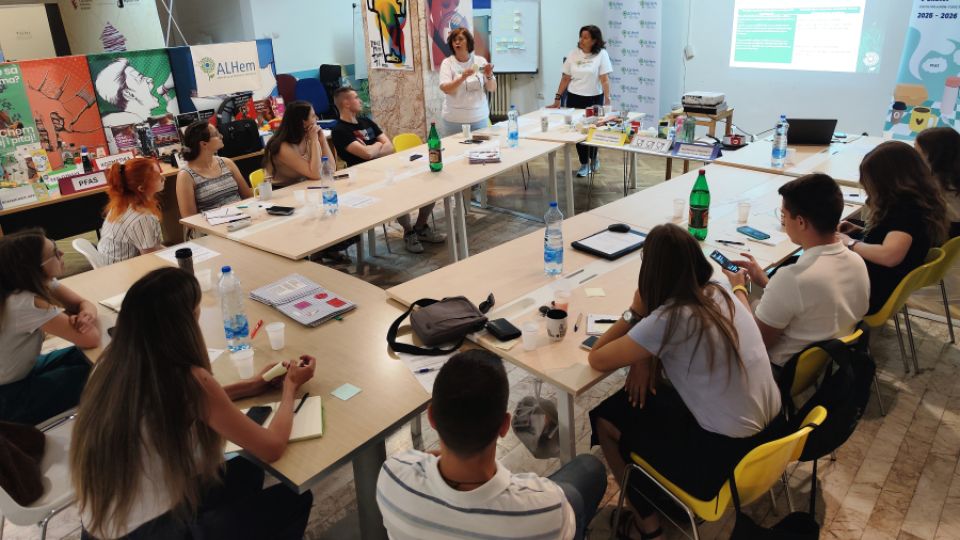
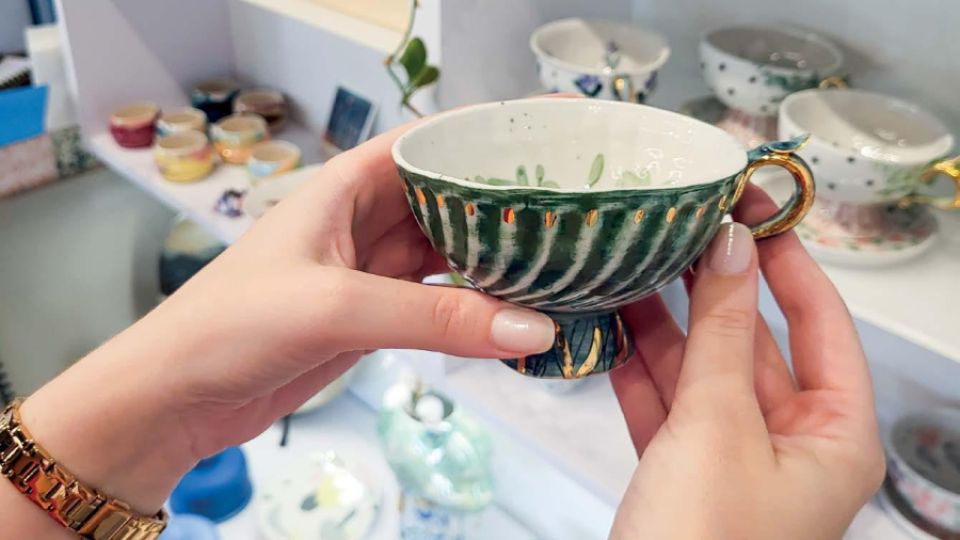
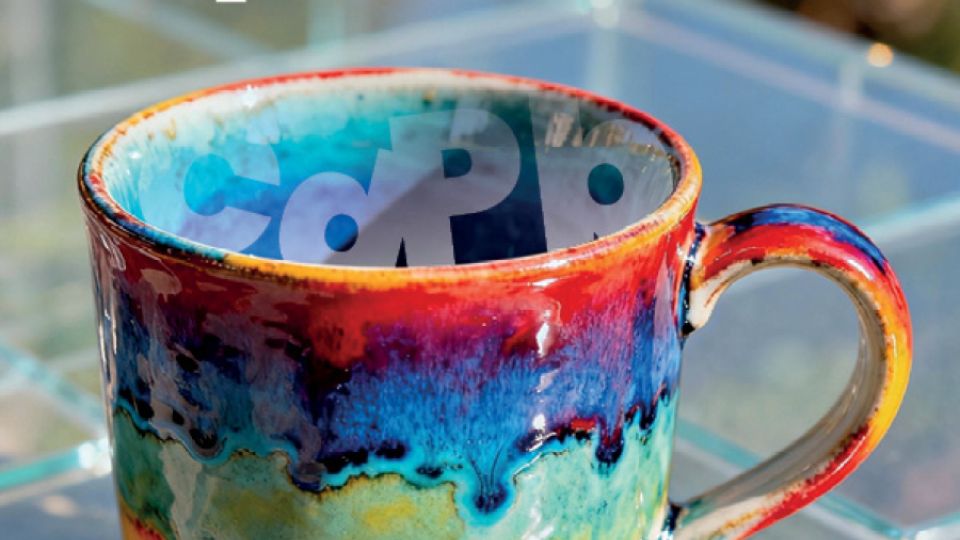
 In Serbia, we work with several NGOs, but we have the most joint projects with ALHem, which focuses on chemicals in consumer goods and their safer alternatives, and with which we have been cooperating since 2015. In 2016, together with the CEE Bankwatch Network and CEKOR from Subotice, we
In Serbia, we work with several NGOs, but we have the most joint projects with ALHem, which focuses on chemicals in consumer goods and their safer alternatives, and with which we have been cooperating since 2015. In 2016, together with the CEE Bankwatch Network and CEKOR from Subotice, we 
